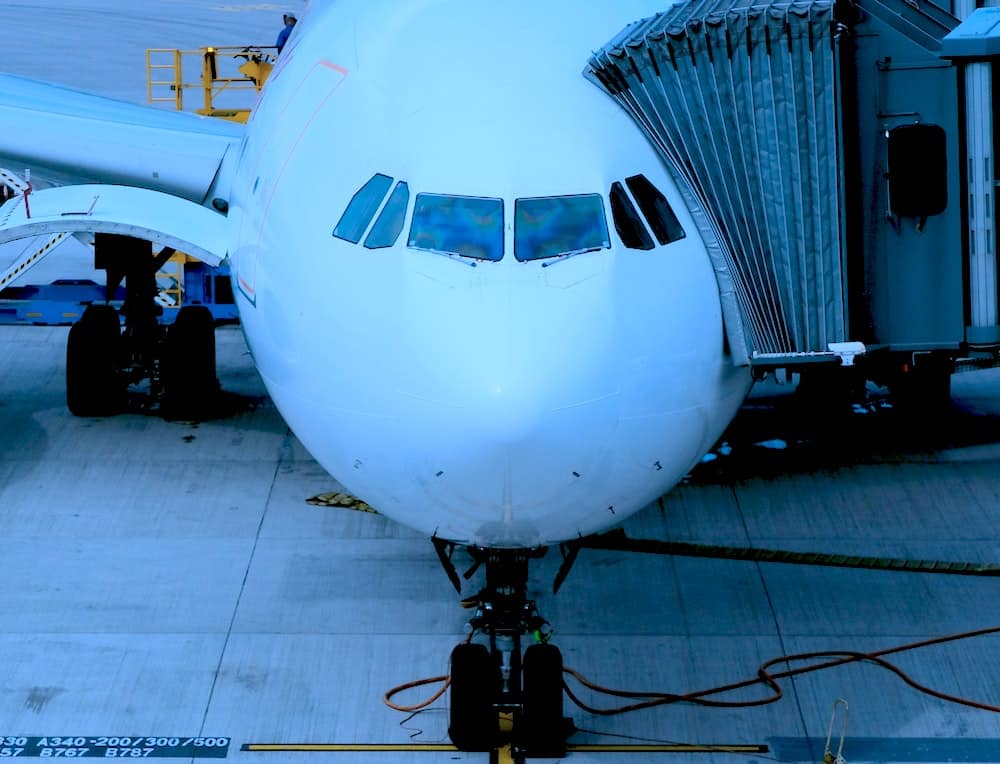I was sorting out my computer files, and came across an old IG screen grab of an acquaintance, who is an airline captain in Taiwan today.
It was 10 years ago, when Japan suffered one of its biggest disasters, known as the Tohoku earthquake and tsunami, 東日本大震災, in March 11, 2011. In just 6 minutes, Japan’s peaceful nuclear power came to an earth-shattering meltdown at Fukushima, and eventually about 20,000 people lost their lives and many lost their homes.
Right after the catastrophe, Taiwan donated over US$240 million in aid to Japan, lauded as one of the biggest aid providers to Japan, and demonstrating as a deep friendship between the two entities.
This airline captain acquaintance was in Narita Airport waiting for departure in his aircraft, when a near 50-years old Japanese ground crew walked to him, bowed, while the Taiwanese captain bowed in return as courtesy. The Japanese took out his cell phone, and showed the captain a photo of a stone slab with the words “台日友好” summarizing gratitude to Taiwan for helping Japan in the 311 disaster. The captain saw the photo and returned the cell phone to the Japanese man. The Japanese said thank you in broken English, held the hands of the captain tightly, and bowed again.
The captain was very moved had goose bumps. It was a good 9 years after the disaster. To him, the Japanese man remembered the kindness of the Taiwanese to heart. He rushed out of his cockpit and down to where the Japanese ground crew was, and held the hands of the Japanese man back, and thanked the Japanese, before returning to the cockpit. When he was taking off, the captain felt tears rolling around his eyes and warmth in his heart. He quoted a profoundly powerful Chinese proverb:
“受人點滴,當湧泉以報。”
(loosely translated to “receiving drops of charity and returning a fountain in return”).
To the captain, lamenting that in a modern cold world, he was touched at how an ordinary Japanese, usually lacking in outward displays of emotion and seem aloof, could remember kindness for so long, and felt so compelled to come forward with gratitude and thanks, not for profit or publicity. The captain admired the Japanese’ culture and education for fostering such appreciation for kindness with gratitude and thanks.
The parting words from the Taiwanese captain was he hoped more people can help others in need (雪中送炭), and not simply for the world to only lavish praise on those who are endowed or in power.
I totally agree. Capt bro, salute.

